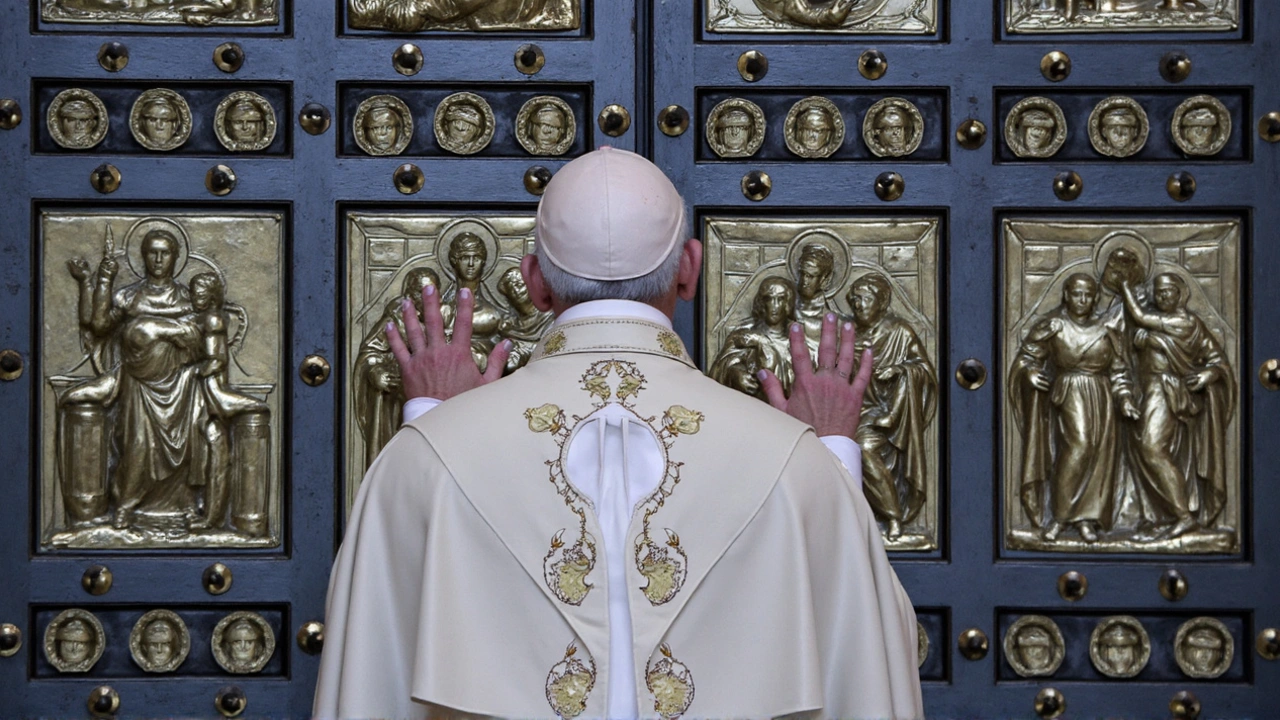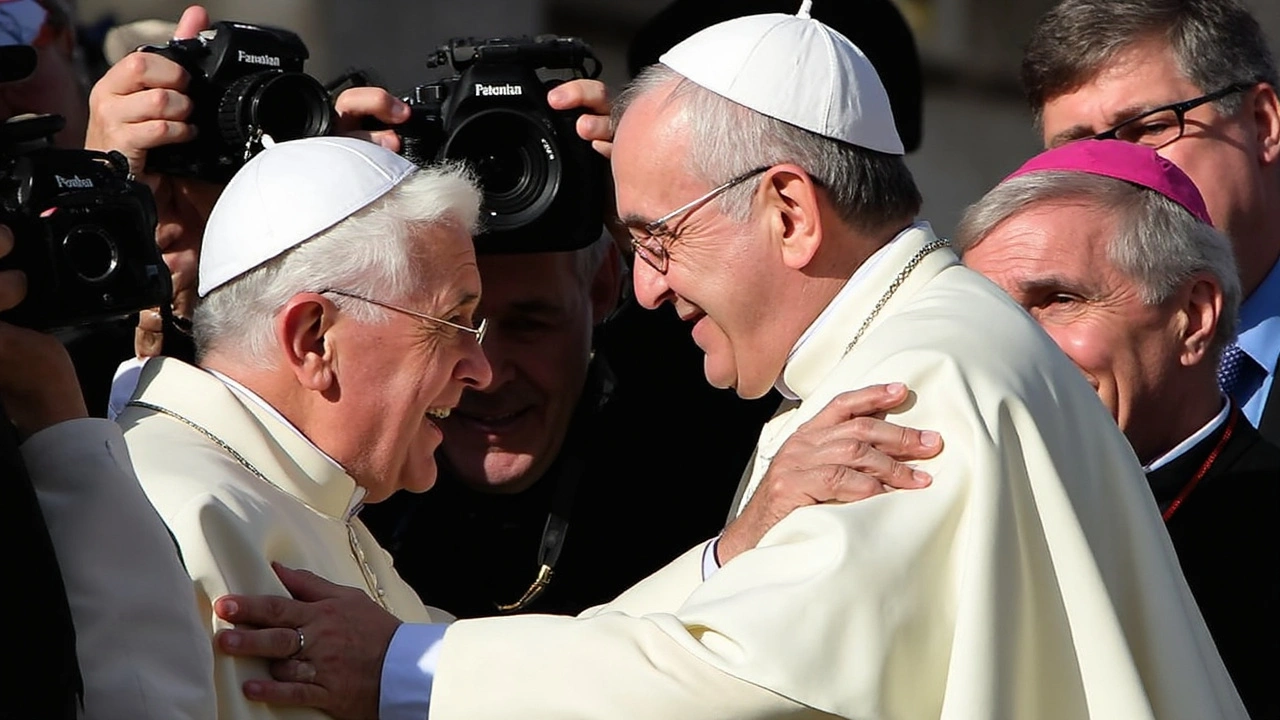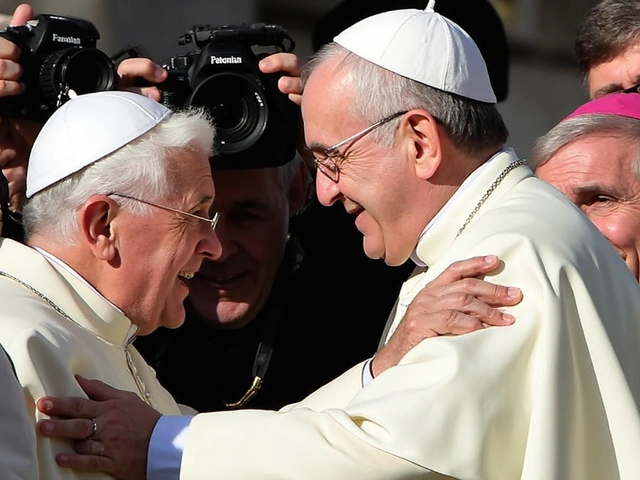Pope Benedict XVI’s Life, Resignation, and Passing—A New Chapter for the Catholic Church
On New Year’s Eve 2022, Pope Benedict XVI—once Joseph Ratzinger of Bavaria—died quietly in the Vatican’s Mater Ecclesiae Monastery. He was 95, having spent nearly a decade living unassumingly as Pope Emeritus after his historic resignation in 2013. That single act, stepping aside while alive, had not happened since Gregory XII in 1415. For the 1.3 billion Catholics worldwide, Benedict’s death was more than the end of a life—it set a new playbook for popes, reshaping centuries-old rules and expectations about who leads the Catholic Church and how transitions happen.
Benedict’s years as pontiff, from 2005 through 2013, were marked by a mix of ambition and controversy. He became pope in the shadow of John Paul II, after decades as a leading theologian and defender of doctrine within the Church’s ranks. His papacy was intent on returning to a stricter, more traditional faith, often pushing back against trends toward modernism. He reached out to groups like the traditionalist Society of Saint Pius X, and tried to keep the Church’s ancient liturgies alive. But his time on the throne was stormy, with mounting questions about how he addressed or failed to address the sexual abuse scandals that rocked the Church in several countries.
What truly set Benedict apart was his decision to resign—a move that shocked even high-ranking cardinals and caught the world off guard. By citing his frail health and inability to keep up with the demands of office, he set a precedent without a modern blueprint. After 2013, Benedict took the title of Pope Emeritus, styled himself in white, and lived in semi-seclusion in the Vatican Gardens’ former convent. His successor, Pope Francis, led a very different Church, but their coexistence signaled a sea change: for the first time in living memory, two popes lived side by side within Vatican walls, one active, one retired.

A Funeral Like No Other and an Ongoing Legacy
Benedict’s death created a scenario the Catholic Church hadn’t faced in centuries—a papal funeral presided over by a reigning pope for his predecessor. In January 2023, Pope Francis attended Benedict’s funeral Mass in St. Peter’s Square, a scene that captured the world’s attention. There was no conclave, no months of speculation about the next leader. Instead, the Church had to address new questions about how to honor a pope who was both former and still alive within recent memory. The rites and protocols—usually during a vacancy—had to be adapted, setting up the Vatican's first real test of these uncharted waters.
Beyond ceremony, Benedict’s passing forces the Church and its followers to think differently about future papal transitions. What does the role of a retired pope look like now? What happens if more popes step down due to age or health? While Benedict’s tenure as pope had its share of disappointments—his struggle to root out clergy abuse and bring accountability, in particular—his willingness to bow out changed the institution on a structural level. As more bishops and theologians acknowledge, the option of resignation has become not just possible but maybe even practical.
Benedict’s legacy as a theologian, and as a pope who chose to step aside, leaves the Catholic Church facing both tough questions and a kind of institutional flexibility most of us haven’t seen. As the world looks at Vatican City and its centuries of tradition, it’s no longer just about who wears the white cassock next—it’s about how leadership, authority, and humility might blend in the years to come.


